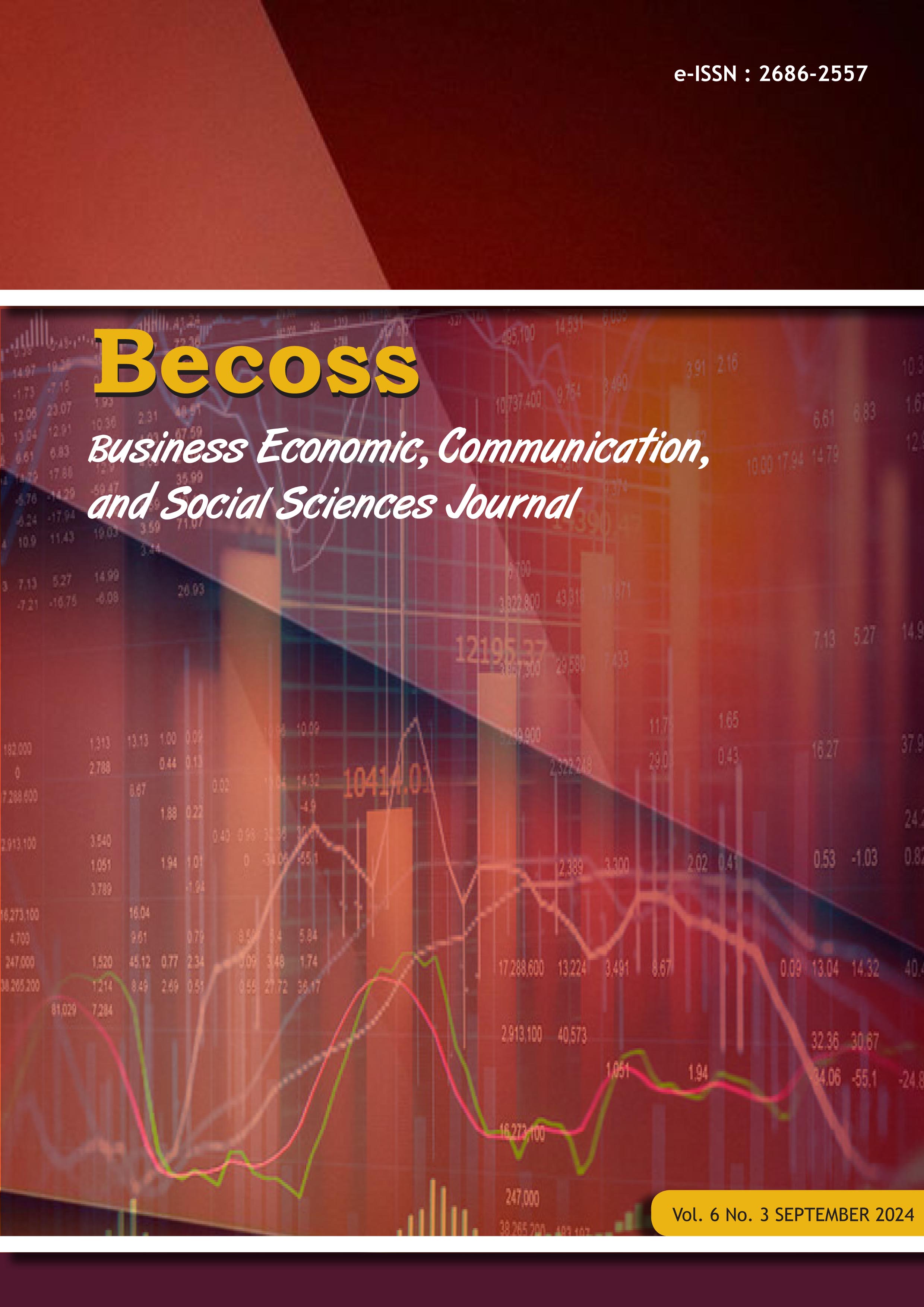Kajian Sosiologis Pungutan Tapera Terhadap Buruh
DOI:
https://doi.org/10.21512/becossjournal.v6i3.11886Keywords:
Tapera, Social Welfare, Worker Participation, Economic Burden, Normative LawAbstract
This article examines the impact of the Public Housing Savings Program (Tapera) on Indonesian workers from both legal and social perspectives. The program mandates a 3% salary deduction, shared between employees and employers. However, the policy has faced significant criticism for increasing financial burdens on workers, particularly during challenging economic conditions. The study employs a normative legal approach to analyze relevant regulations and assess the social impact of its implementation. The findings indicate that, while Tapera aims to improve workers' access to housing, it imposes additional financial strains. Furthermore, the lack of worker participation in the policy-making process exacerbates dissatisfaction. To address these issues, it is recommended that the government review the Tapera policy with active involvement from workers and labor unions. Alternative funding mechanisms, such as subsidies from the state budget or lighter installment schemes, should also be considered. A more inclusive and equitable approach could not only enhance the program's effectiveness but also foster stronger relationships between workers, the government, and employers, thereby achieving a better balance in its implementation.
References
Elviandri. Dimyati, K., & Absori. (2019). Quo Vadis Negara Kesejahteraan: Meneguhkan Ideologi Welfare State Negara Hukum Kesejahteraan Indonesia. Mimbar Hukum. 31(2): 252-266
Ilman, F. (2024). Demo Tolak Tapera, Buruh: Rumah Tanggung Jawab Negara, Bukan Beban Rakyat. Disway.id. Retrieved from Disway.id.
Laksana, I. G. N. D., Jayantiari, I. G. A. M. R., Parwata, A. A. G. O., Sukerti, N. N., Dewi, A. A. I. A. A., & Wita, I. N. (2017). Buku Ajar Sosiologi Hukum. Pustaka Ekspresi.
Mediana. (2024). 60 Federasi Serikat Pekerja Tuntut Pencabutan PP Tapera. Kompas.id. Retrieved from Kompas.id.
Nasution, T. A. (2021). Analisis Yuridis Undang-Undang Tabungan Perumahan Rakyat Ditinjau Dari Perspektif Good Governance. Lex Renaissance, 6(4), 833-846.
Nugroho, R. A. (2024). 7 Fakta Tapera yang Bikin Buruh Meradang & Geruduk Istana. CNBC Indonesia. Retrieved from CNBC Indonesia.
Pasah, M., Yohana, M., & Winata, H. (2024). Urgensi Penerapan Tapera Bagi Pegawai Swasta Di Indonesia. Causa: Jurnal Hukum dan Kewarganegaraan. 5(2): 61-70.
Peraturan Pemerintah No. 25 Tahun 2020 tentang Penyelenggaraan Tapera yang telah diubah dengan Peraturan Pemerintah Nomor 21 Tahun 2024
Purwanda, S., Ambarwati, A., Darmawati, D., & Prayudi, P. (2024). Haluan Kesejahteraan Sosial Dalam Diskursus Teori-Teori Keadilan. Dinamika Hukum. 25(1): 152-161.
Putra, M.D. (2021). Negara Kesejahteraan (Welfare State) dalam Perspektif Pancasila. LIKHITAPRAJNA: Jurnal Ilmiah. 23(2): 139-151.
Sampe, P.D. & J. Dongoran. (2021). Dampak Pemotongan Gaji Pada Perusahaan dan Karyawan Selama Masa Pandemic Covid 19. Jurnal Penelitian dan Pengembangan Sains dan Humaniora. 5(3): 377-381.
Tania, N., Novienco, J., & Sanjaya, D. (2021). Kajian Teori Hukum Progresif Terhadap Implementasi Produk Tabungan Perumahan Rakyat. Perspektif: Kajian Masalah Hukum Dan Pembangunan. 26(2), 73-87.
Tania, N., Novienco, J., & Sanjaya, D. (2021). Kajian Teori Hukum Progresif Terhadap Implementasi Produk Tabungan Perumahan Rakyat. Perspektif: Kajian Masalah Hukum Dan Pembangunan, 26(2): 73-87.
Undang-Undang Dasar Negara Republik Indonesia Tahun 1945 (UUD 1945)
Undang-Undang No. 4 Tahun 2016 tentang Tabungan Perumahan Rakyat
Downloads
Published
How to Cite
Issue
Section
License
Copyright (c) 2024 Business Economic, Communication, and Social Sciences Journal (BECOSS)

This work is licensed under a Creative Commons Attribution-ShareAlike 4.0 International License.
Authors who publish with this journal agree to the following terms:
- Authors retain copyright and grant the journal right of first publication with the work simultaneously licensed under a Creative Commons Attribution License - Share Alike that allows others to share the work with an acknowledgment of the work's authorship and initial publication in this journal.
- Authors are able to enter into separate, additional contractual arrangements for the non-exclusive distribution of the journal's published version of the work (e.g., post it to an institutional repository or publish it in a book), with an acknowledgment of its initial publication in this journal.
- Authors are permitted and encouraged to post their work online (e.g., in institutional repositories or on their website) prior to and during the submission process, as it can lead to productive exchanges, as well as earlier and greater citation of published work.
USER RIGHTS
All articles published Open Access will be immediately and permanently free for everyone to read and download. We are continuously working with our author communities to select the best choice of license options, currently being defined for this journal as follows: Creative Commons Attribution-Share Alike (CC BY-SA)






